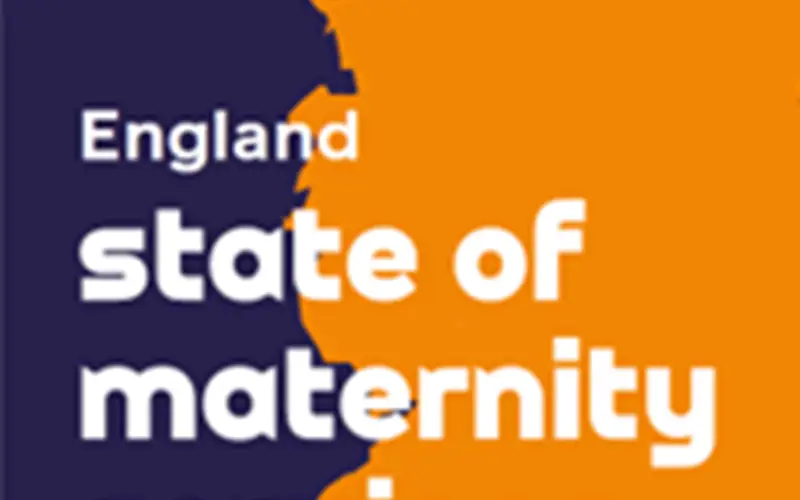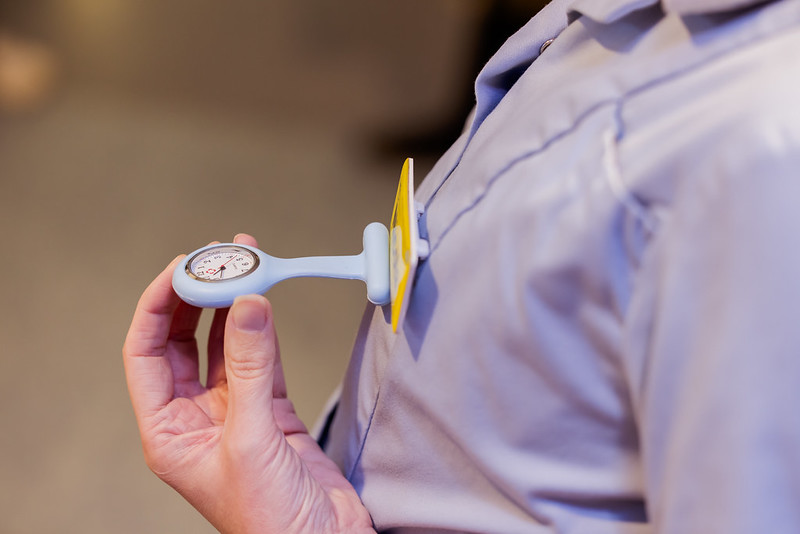There is an urgent need for a renewed focus on workforce and staffing levels for maternity services in Wales say the Royal College of Midwives (RCM ), as its latest report shows the number of experienced midwives in maternity services in Wales are at dramatically low levels.
The stark warning comes as the RCM publishes its State of Maternity Services in Wales report, which will be launched at an event at the Senedd today. It shows that, although the number of midwives in Wales remains virtually the same now as it was in 2016, the number of experienced midwives (those aged 46-55) working in maternity services has actually declined. Coupled with the rapidly evolving demographics of women who use maternity services, the reports paints a troubling picture.
RCM Director for Wales, Julie Richards said: “Every day midwives go the extra mile for those they help, often to the detriment of their own mental and physical health. Despite more people using midwifery services and the steady increase in more complicated pregnancies, the actual numbers of midwives hasn’t really risen over the last five years. This is bound to impact on the quality of care. Let’s be clear – services are currently coping only because of the superhuman efforts of their staff. In Wales we have seen a worrying decline in the numbers of experienced midwives. When these midwives leave they take their knowledge and experience, which we need to help train the next generation of midwives, with them.”
The report also outlines growing numbers of women being cared for by Welsh maternity services with additional health needs, which is increasing the demands on midwives and their colleagues. Nearly 30% of women report having a mental health condition during their pregnancy. The level of obesity and the number of women classed as overweight during pregnancy is increasing too, with nearly 30% of women reported as obese at their initial assessment and a similar number for those overweight. Such conditions require more focus and care from maternity staff, which, in turn, places additional burdens on workforce planning.
Julie Richards added: “Although there has been a welcome rise in the number of student midwives in recent years, the overall situation is unsustainable. The solution is clear – we need more investment and more midwives to deliver the services women expect and deserve. There needs be a comprehensive plan by the Welsh Government to recruit and train more midwives and retain the current ones already in the workforce. We look forward to the publishing, funding and implementing of the Maternity and Neonatal Safety Support Programme for Wales.”
ENDS
To contact the RCM Media Office call 020 7312 3456, or email media@rcm.org.uk.
The full RCM Wales State of Maternity Services report can be read at:
English: https://www.rcm.org.uk/media/6898/0246_wales_som_digital.pdf
Welsh: https://www.rcm.org.uk/media/6897/0246_wales_som__welesh_digital.pdf
Notes to Editor
The full RCM Wales State of Maternity Services report can be read at
- The proportion of births to women aged 30 or older has jumped from 42% (2011) to 53% (2021).
- Nearly six in 10 pregnant women in Wales in 2021 were overweight or obese.
- Between November 2016 and November 2022, the number of NHS midwives in Wales went from 1,673 to 1,676.
- The increase in training places for midwives, from just under 100
- in the 2016/17 academic year to approaching 200 in 2021/22.
The Royal College of Midwives (RCM) is the only trade union and professional association dedicated to serving midwifery and the whole midwifery team. We provide workplace advice and support, professional and clinical guidance, and information, and learning opportunities with our broad range of events, conferences, and online resources. For more information visit the RCM | A professional organisation and trade union dedicated to serving the whole midwifery team.


